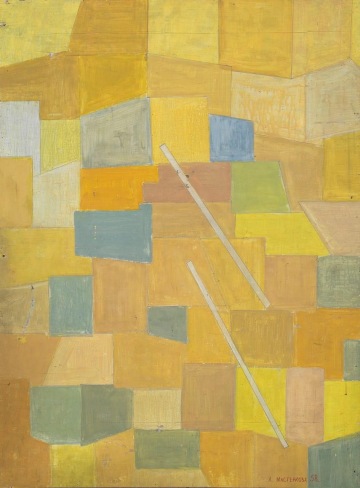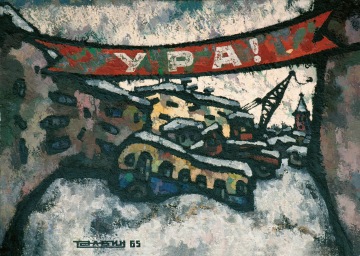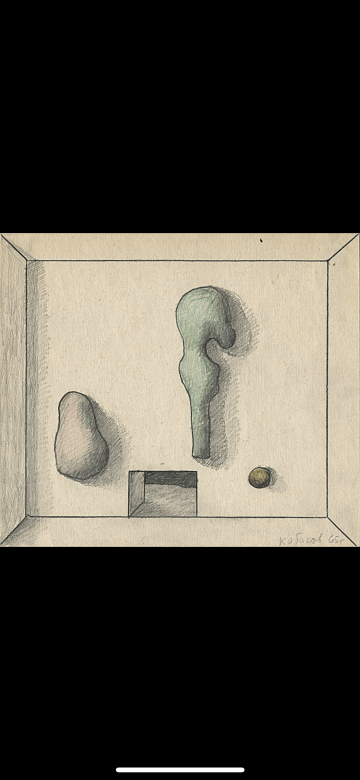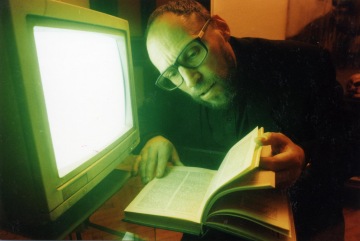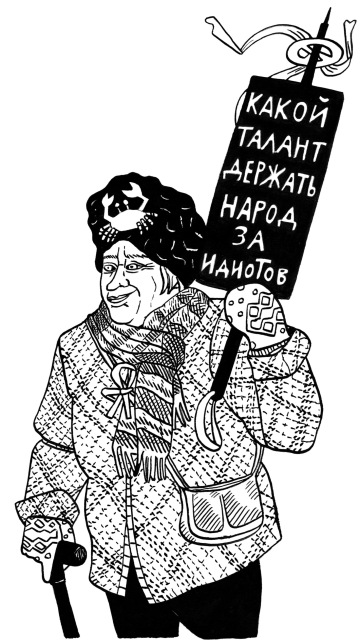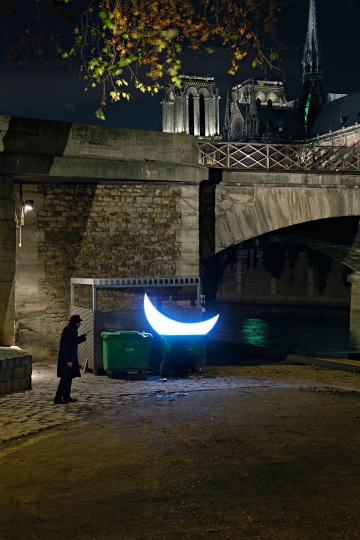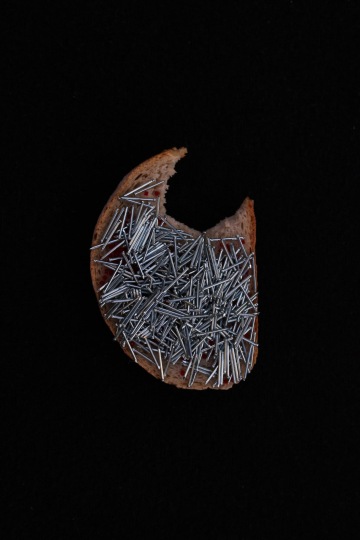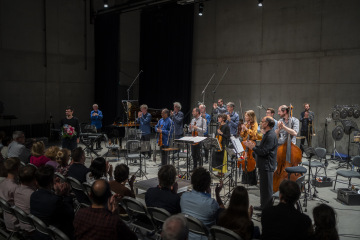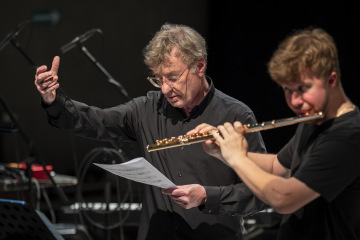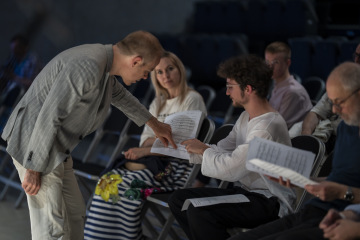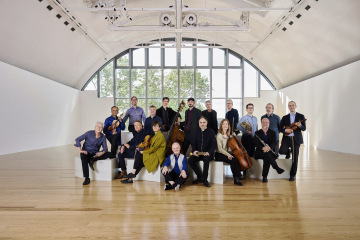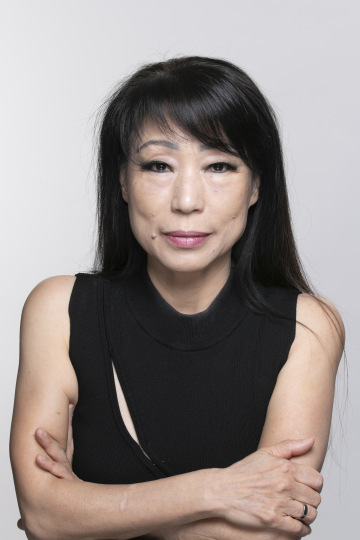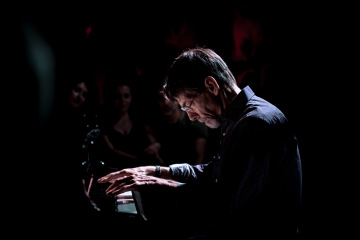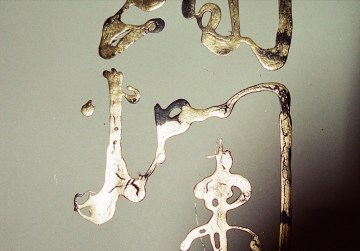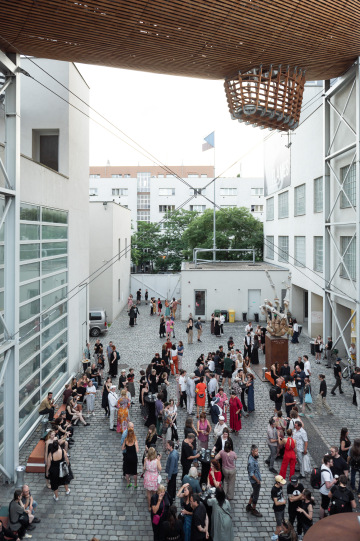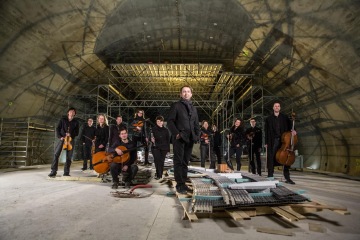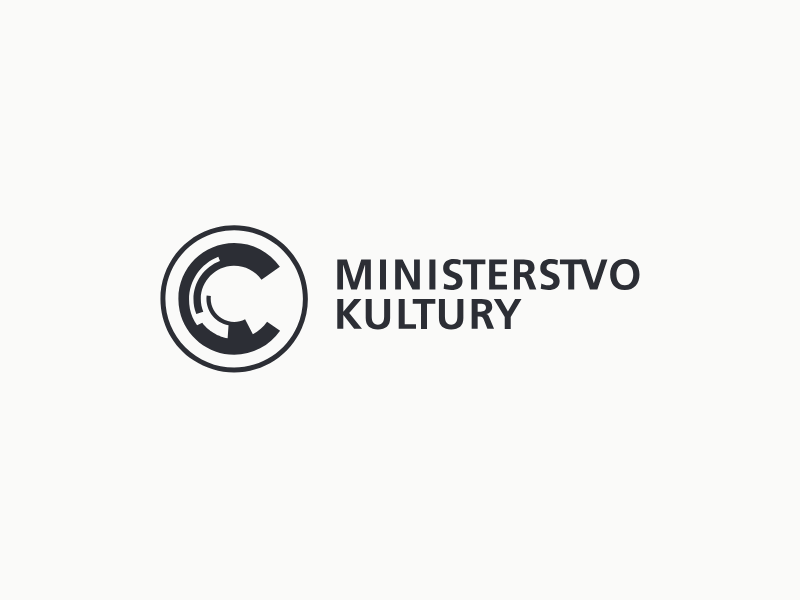We’re open to all, now also you
DOX Centre for Contemporary Art
Poupětova 1, Prague 7
Show on map
The Russia. Timeless exhibition presents significant artistic statements from contemporary Russia, by the classics of formerly unofficial art such as Oskar Rabin, Lydia Masterkova, Ilya Kabakov, Dmitri Prigov, or Viktor Pivovarov, who has been living in Czechoslovakia since 1980s to artists who through their work express the feelings of a generation that has lived virtually its entire live under the current regime.
In the "historical prelude", viewers will encounter originals by renowned and canonized artists, some of which were at least partly integrated in Western Europe and the USA into the history of post-war art substantially earlier than at home, where they usually made a living as graphic artists and illustrators, and exhibited their key works only in studios or obscure clubs. Others are being to this day gradually discovered in the archives of the Russian underground movement, because for various reasons they did not gain the interest of collectors, journalists, diplomats, gallery owners, and critics, either in the USSR or as émigrés.
The most extensive section, devoted to the post-Soviet period, presents both internationally established names (Oleg Kulik, Pavel Pepperstein) as well as artists whose works have only recently appeared in the collections of major museums, and who began for example as graffiti artists in the provincial town of Rostov-on-Don or use comic-book means of expression within the genre of graphic reportage, straddling the border between fine art and journalism (Sergei Sapozhnikov, Viktoria Lomasko).
Within the context of the Russia. Timeless exhibition, we see the topic of timelessness as the eternal Russian problem with understanding historical time and the role of the individual in historical processes. On the one hand, attempts at a sober interpretation of one's own history fail, on the other hand persistent efforts to ensure Russia an important place in the future of the world encounter hopeless nostalgia for the relics of past times and regimes, for their flaws, depravities, and traps.
Kabakov once wrote about the phenomenon of "пустота" (emptiness), which in the Russian cultural and civilizational landscape consumes and dissolves attempts to establish order and create points of reference, stabilization, and cultivation of values. What do his ideas look like forty years on, and how is another generation of artists thinking about problems with time and its conceptualization, including reflection on their own history and prospects for the future?
The exhibition intentionally does not emphasize political topics nor the expressive means of artistic activism, and is much more an artistic reflection on historical and civilisational cycles and on the impossibility of extricating oneself from established models and ruts, even though they indicate a direction that promises nothing good. Nevertheless, individual works teem with the unique originality, wit, artistic vision, and courageous ideas that are so greatly needed both in Russia and elsewhere.
Curators: Tomáš Glanc, Anton Litvin
